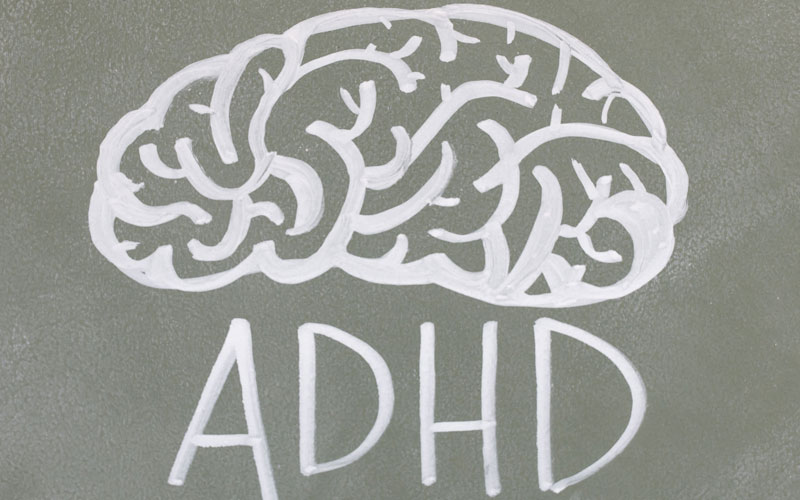Researchers from the Netherlands recently published a report suggesting that microdosing with various psychedelics could help relieve symptoms of attention-deficit hyperactivity disorder, or ADHD.
A study involving 247 participants demonstrated that trait mindfulness increased after two weeks of taking low, sub-hallucinogenic doses of a psychedelic substance.
What is Trait Mindfulness?
The Maastricht University researchers describe trait mindfulness “as the inherent general tendency to be mindful in daily life, to be able to allocate and maintain attentional resources to the present experience and to be non-judgmental and non-reactive toward arising thoughts.” People with ADHD tend to demonstrate lower levels of conscientiousness traits, such as being well-organized or efficient, and higher levels of neuroticism.
Types of Substances Reported
Participants answered questions in daily surveys throughout the study if they had taken a microdose that dayl the substance they took (LSD, novel lysergamides, psilocybin, mescaline); and the dose they took. Of the 117 participants who responded through daily reports, the majority reported taking psilocybin, with a smaller percentage microdosing with LSD derivatives or LSD.
The Findings
The majority of participants took psilocybin, with a mean dose of 722 milligrams. According to the study findings, published in Frontiers in Psychiatry, mindfulness increased after two weeks of microdosing and further increased two weeks later. Notably, participants reported their ability to describe and not judge their inner experience remained significantly increased, while neuroticism declined over the four weeks. Using conventional ADHD medication alongside microdosing or having comorbid diagnoses next to the ADHD didn’t influence the change in any of the mindfulness or personality traits after the four-week study period.
Conclusions
The report’s authors suggested the need for further research to determine whether the positive effects of microdosing on ADHD are long lasting. They also recommended that testing take place in a controlled setting to ensure drug and dose uniformity and include a placebo control group. Future research also could include comparisons to non-pharmacological mindfulness intervention as well as the combination of microdosing with a mindfulness intervention in adults experiencing ADHD symptoms.

